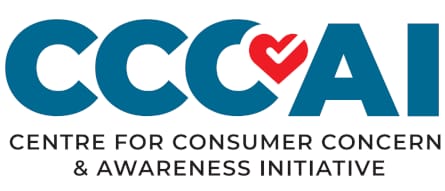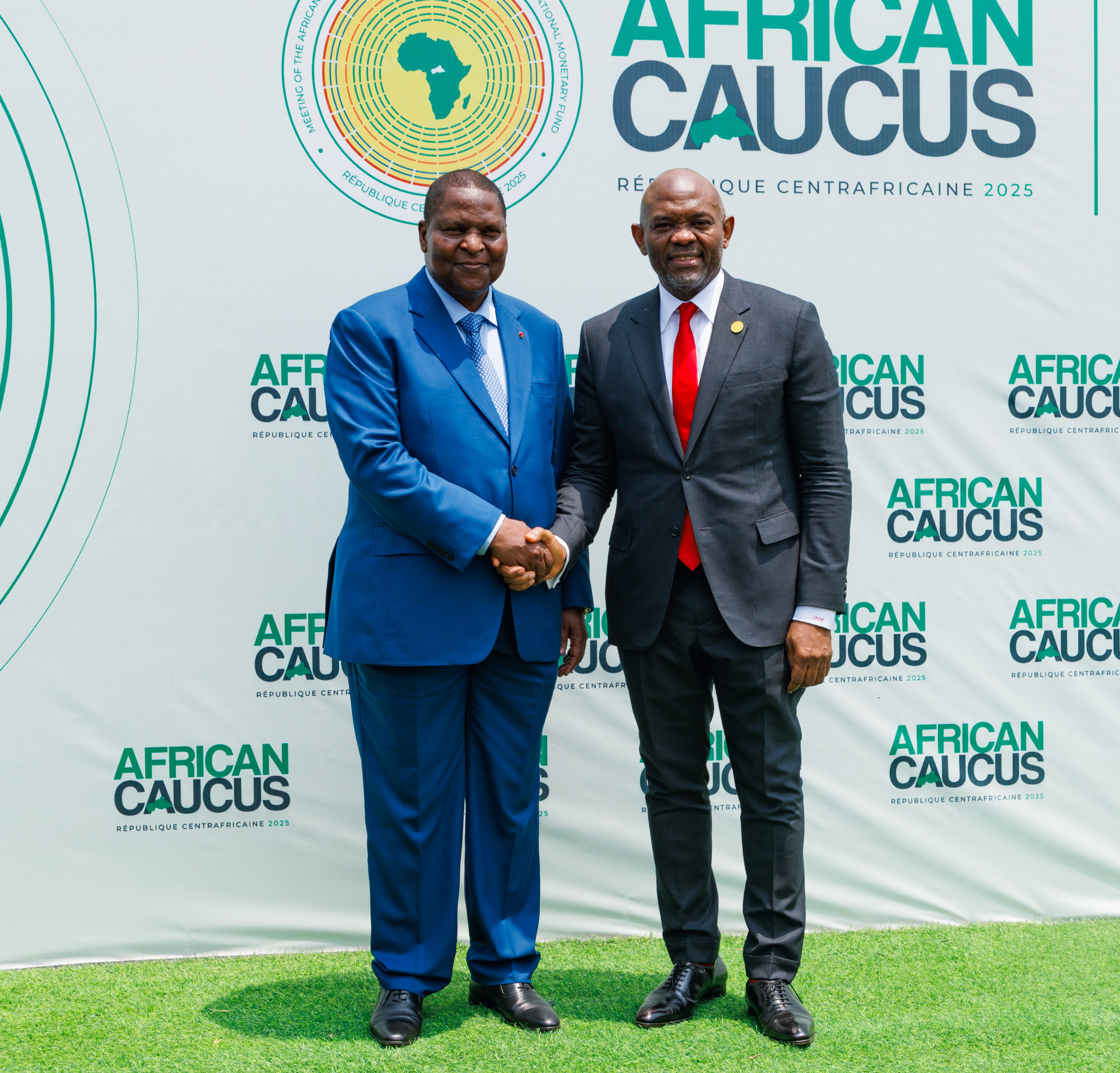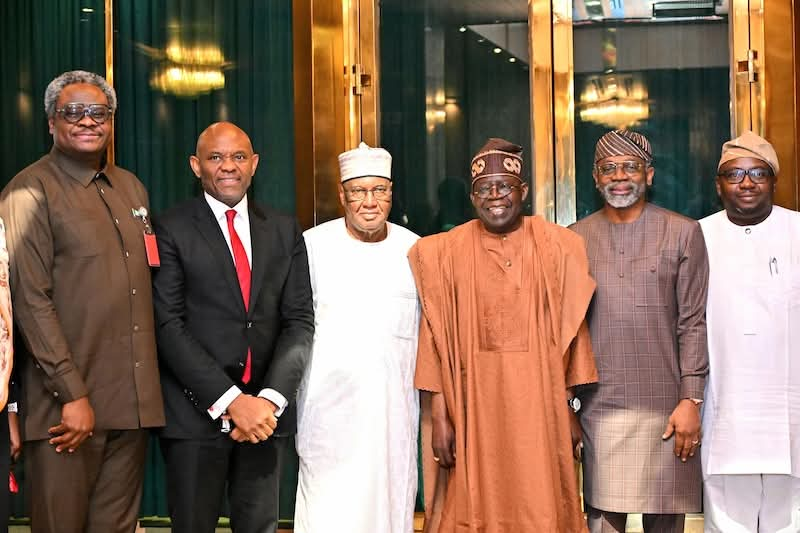
A non-governmental organisation, the Center for Consumer Concerns and Awareness Initiatives (CCCAI), has urged the Nigerian Electric Regulatory Commission (NERC) to ensure total compliance to its directive, telling nine power distribution companies (DISCOs) to compensate 557 streets on the ‘Band A’ tariff level within their franchise areas.
The NERC, in April, gave the order following mounting complaints from electricity customers on the failure of distribution companies to supply the agreed 20 hours of electricity daily.
According to Folarin Ademosu, CCAI’s director of public affairs, in a statement he issued, NERC should ensure total compliance by the DISCOs.
“As an advocacy group committed to empowering Nigerian consumers, CCAI believes the failure of the power providers to fulfill the 20 hours supply agreement — their justification for the astronomical increase in electricity pricing on the tariff level — is unethical, inexcusable, and exploitative.
“Even more worrisome is NERC’s blanket directive on the compensation model, which it says could be ‘either through additional credit in customers subsequent energy purchase or through improved power supply’.
“CCAI avows that this directive will not address the breach and deceptive practice by the DISCOs satisfactorily. We also believe that the NERC should have measured supply outages in kilowatts and the duration of occurrences, to be able to determine the compensation values for electricity consumers.
“Without this, the regulator’s order would seem little short of indulging the unimpressive power distribution companies in their exploitation of helpless consumers, already challenged by inflation and reduced purchasing power.
“To avoid creating a perception of bias against electricity consumers, CCAI urges NERC to develop and publish clear guidelines on compensation procedures and timelines. For example, would the compensation be a voucher equivalent of hours lost per kilowatt or a flat daily sum? This has to be worked out,” Ademosu added.
“In addition, we urge proper monitoring for compliance and provision of verifiable records of recipients,” he said.








